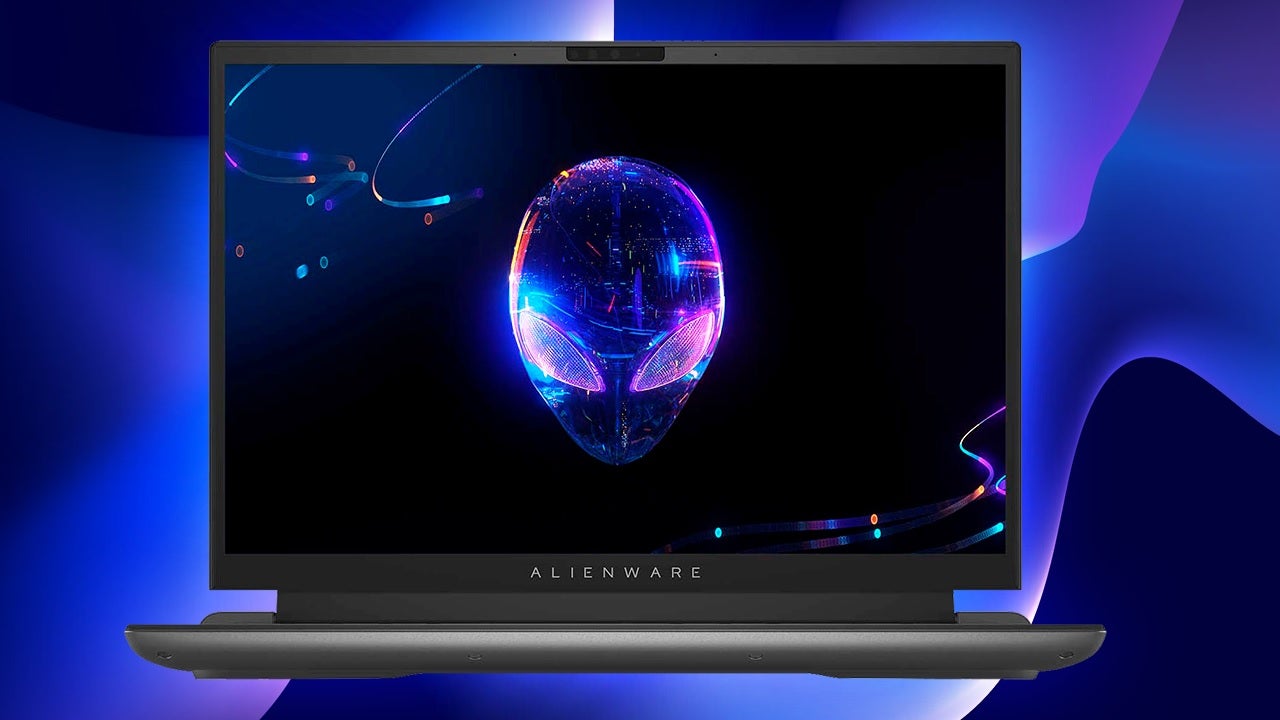Fortnite maker Epic Games has launched a back catalog program to incentivize game developers and publishers to make their old games available on Epic Games Store.
According to a blog post published on Monday, the company said the program, dubbed Now on Epic, was launched to make it easier for Epic Game Store users to discover back catalog games, and to better compete with Steam. Mainly, it will allow participating developers and publishers the opportunity to increase their net revenue from user spending from 88% to 100% for any eligible back catalog games they offer up on Epic Games Store.
Titles that are eligible for the Now on Epic program will enjoy the 100% revenue boost for the first six months of their release on Epic Games Store. After that, they'll get a 88%/12% revenue split.
Game developers who participate in Now on Epic must commit to releasing at least three games before October 31, 2023, and have them currently live on another third-party PC store or included in a third-party subscription service, such as Xbox Game Pass or PlayStation Plus. If they don't have three games that meet the criteria, they must bring over all the games they have already released that are live.
Developers who would rather wait to enroll in the Now on Epic program have until December 31, 2024 to do so. When they do, all eligible games must be on the Epic Games Store by June 30, 2025.
Epic Games Store first launched in 2018 and built its library through generous incentives and exclusive deals with developers. It has struggled to compete with Steam, though, which remains the platform of choice despite issues of its own.
The launch of Now on Epic comes nearly three weeks after the company shed 830 employees, about 16% of its workforce, in the latest round of layoffs, despite the continued success of Fortnite. The employees affected by the layoffs included those from Mediatonic, the studio behind Fall Guys.
"For a while now, we've been spending way more money than we earn, investing in the next evolution of Epic and growing Fortnite as a metaverse-inspired ecosystem for creators," Sweeney wrote in a note to employees during the layoffs. "I had long been optimistic that we could power through this transition without layoffs, but in retrospect I see that this was unrealistic."
Cristina Alexander is a freelance writer for IGN. To paraphrase Calvin Harris, she wears her love for Sonic the Hedgehog on her sleeve like a big deal. Follow her on Twitter @SonicPrincess15.







